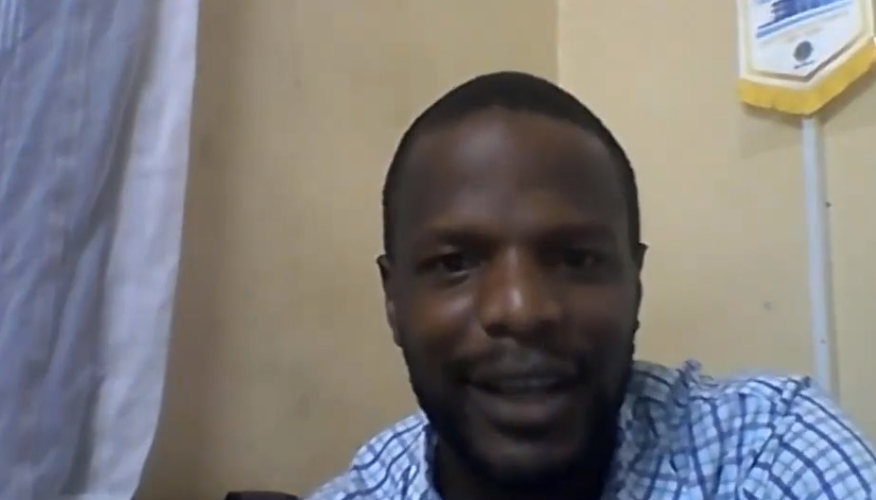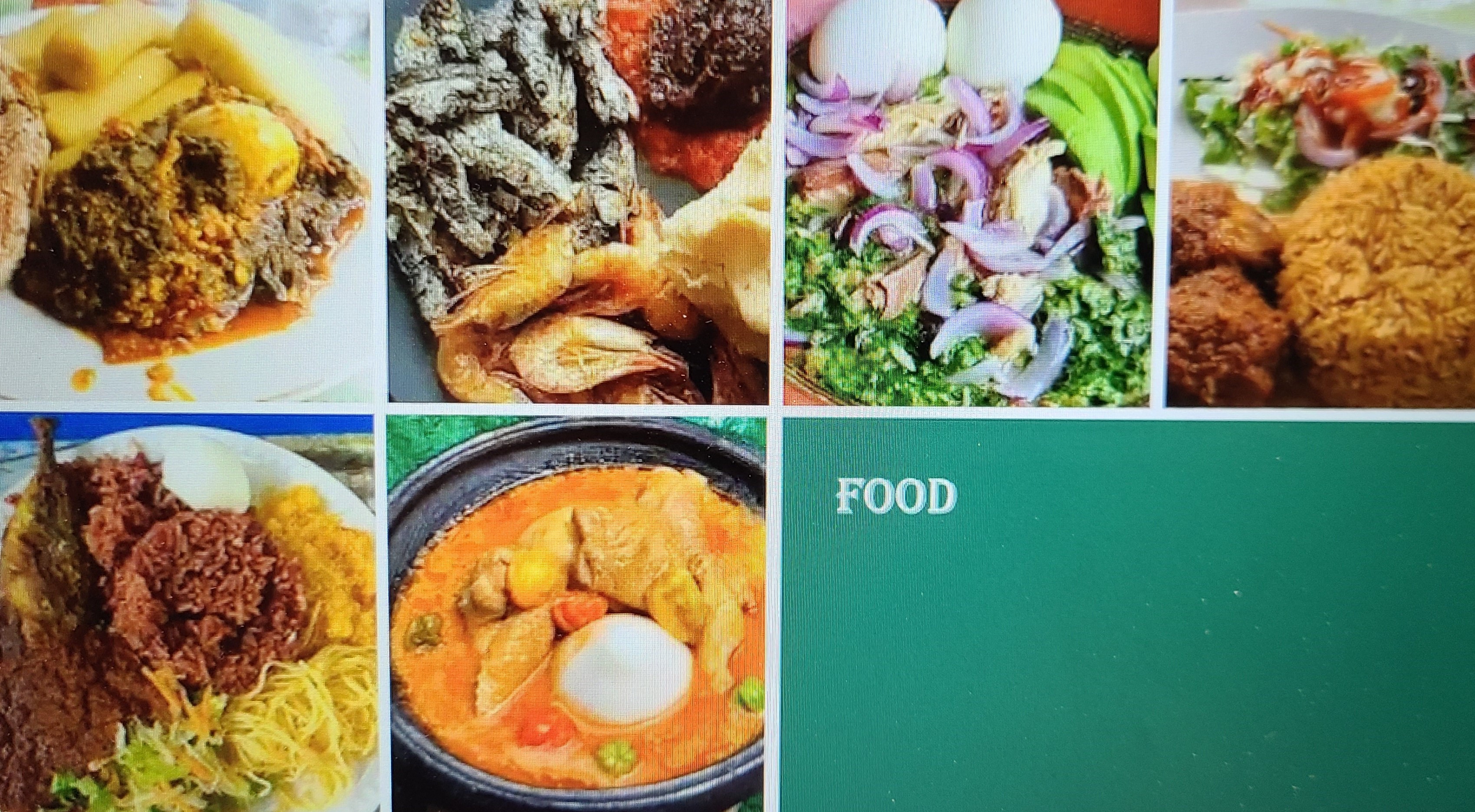Michigan 4-H offers international conversations from the continent of Africa
A summary of our learning from Uganda and Ghana during Michigan 4-H International Conversations.

Traveling the globe from your own home is the least expensive way to learn about other countries and cultures. Michigan 4-H members had an opportunity to learn more about Uganda and Ghana through Michigan 4-H International Conversations. Through this program, youth were able to learn about 14 countries from five different continents from the safety and comfort of their home.
Our presenter from Ghana, Sheila, was an international exchange student in Michigan in 2013-2014. She returned to complete her bachelor’s degree from University of Detroit Mercy. Barnabas, our presenter from Uganda, is a friend of Michigan State University Extension staff Eric Dobbrastine. They met when Dobbrastine was in the Peace Corp in Uganda. Both presenters were eager to share about their culture with all Michigan youth and adults participating live or watching the recording at a more convenient time.
 Shelia.jpg?language_id=1)
Some interesting points shared were how Ghana became a democracy in 1992. They have two major political parties and residents vote based on their ethnic groups because of incentives those groups receive. Ghana has many natural resources including oil, gold, coal, timber, diamonds and manganese. The area was formally named Gold Coast. Family system is very important in both countries; fathers are the head of the household, then mother and children. Ghanaian men are tolerant, peaceful and show respect for others. Ghanaians feel there is big value in extended family system.

Uganda’s population is around 42 million people who speak 43 different languages within a geographical area smaller than Michigan. In Uganda, families in the countryside live communally and gather in the evenings to listen to the elders by the fire telling stories and sharing knowledge. In Uganda, finding someone to marry is considered a great accomplishment and a lifelong commitment. Some ethnic groups have four different ceremonies for the couple to be married including bride price or dowry.
Both Sheila and Barnabas ended their conversations with updates on the COVID-19 pandemic and how it is affecting their communities.

International conversations connect with Michigan 4-H Guiding Principles and can be used by all educators, whether home educated, public school or private education.
Two 4-H Guiding Principles most closely connected to the international conversations are:
- Youth are considered participants rather than recipients in the learning process. Connecting youth to international education encourages them to actively participate in their own learning. Opportunities for youth to learn and develop take place in many different contexts. Learning can be formal or nonformal settings.
- Youth recognize, understand and appreciate multiculturalism. Connecting youth to diverse populations through a program, like international conversations, will encourage respect for differences among groups and individuals of diverse backgrounds. Youth will develop skills and competencies that help them foster social justice in their communities and their world. During international conversations, youth are exploring diverse people, places and ideas.
To view a recording of this and the other 13 international conversations, visit our International Conversation website. Recordings of international conversations include China, Estonia, Norway, Ukraine, Brazil, Costa Rica, Taiwan, Japan Italy, Romania, Belize and Turkmenistan.
4-H grows successful youth through positive developmental relationships. If you would like to learn more, visit the Michigan 4-H website. To learn more about youth development programs, contact D’Ann Rohrer at drohrer@msu.edu or 231-845-3361, or our civic engagement leadership team at MSUE.DL.4HLeadership@msu.edu.
To learn about the positive impact of Michigan 4-H youth leadership, citizenship and service and global and cultural education programs, read our Impact Report: “Developing Civically Engaged Leaders.” Additional impact reports, highlighting even more ways MSU Extension and Michigan 4-H have positively impacted individuals and communities can be downloaded from the MSU Extension website.
Find other global educational opportunities on the MSU Extension Global and Cultural Education website. For more information about 4-H learning opportunities and other 4-H programs, contact your local MSU Extension county office.



 Print
Print Email
Email



